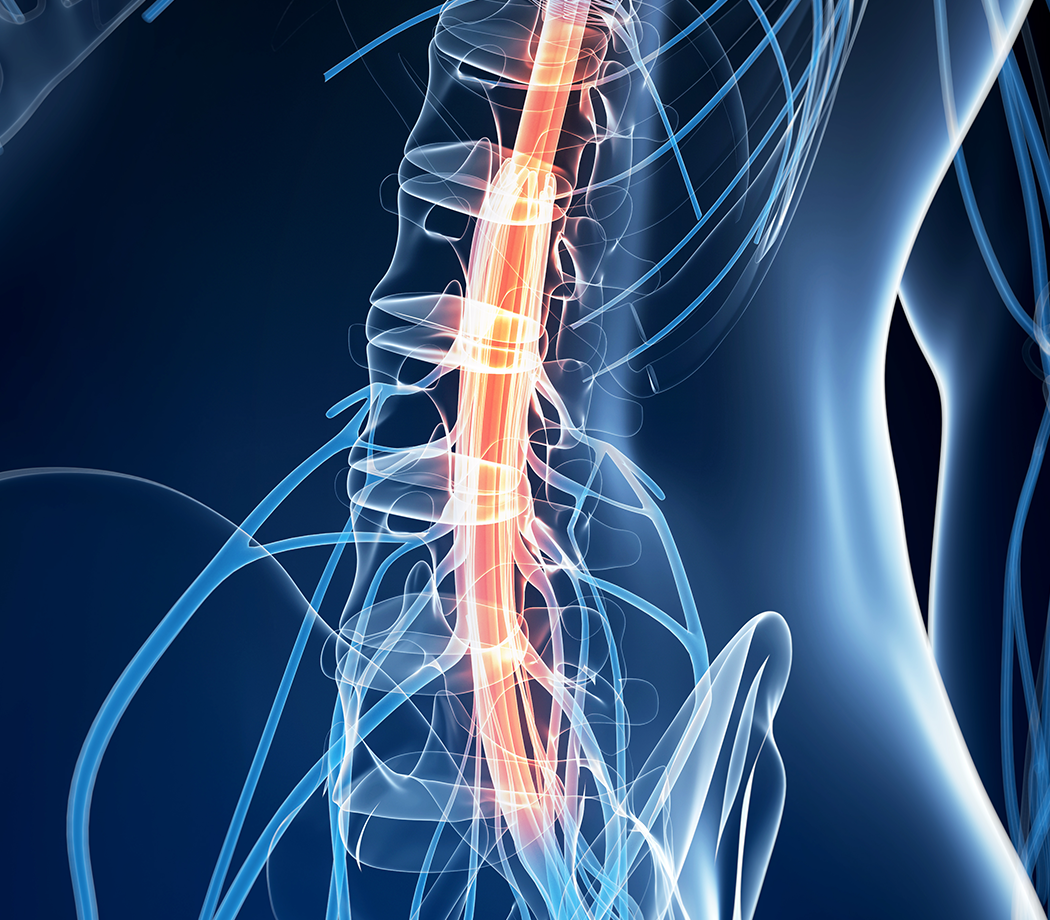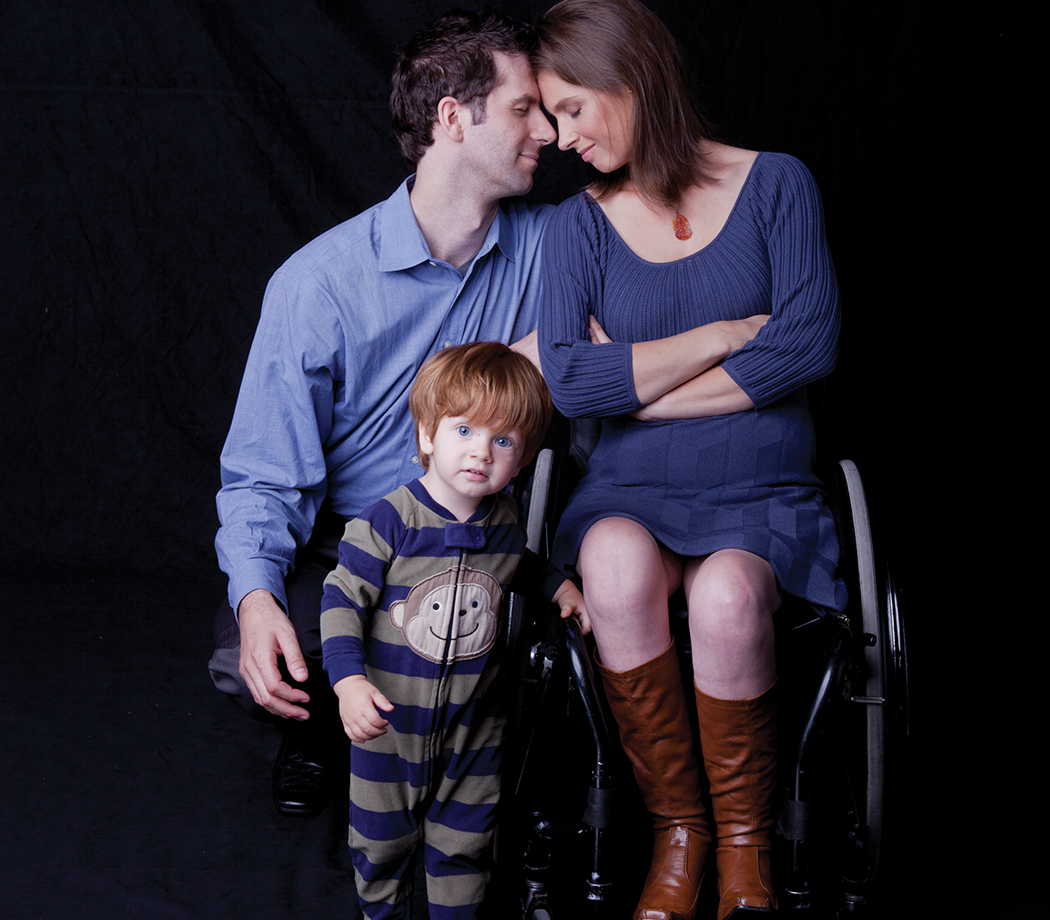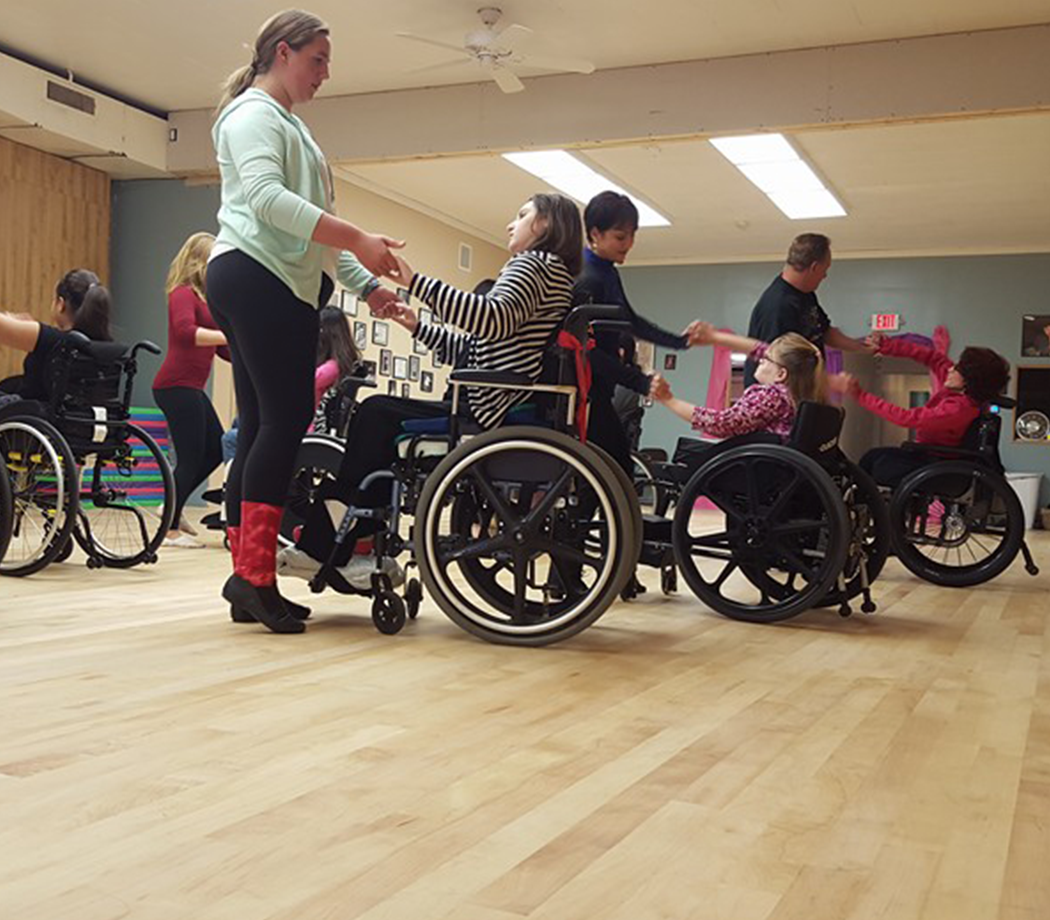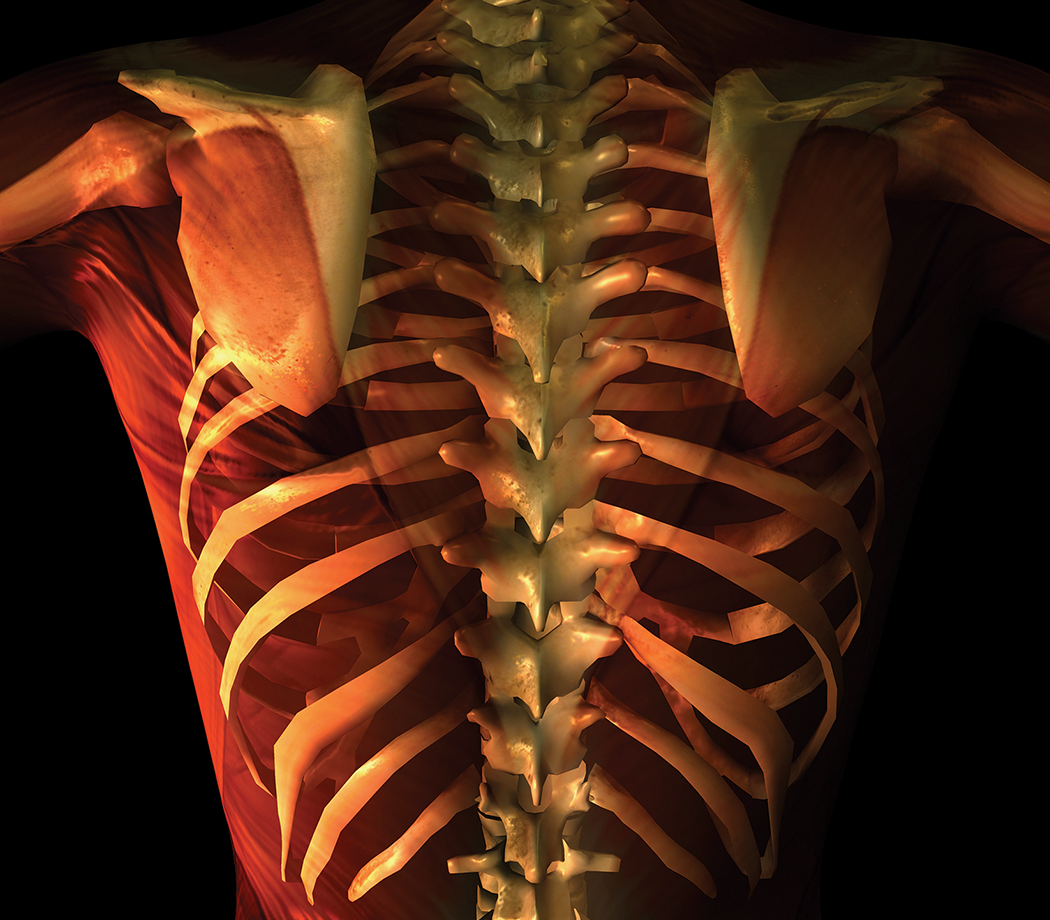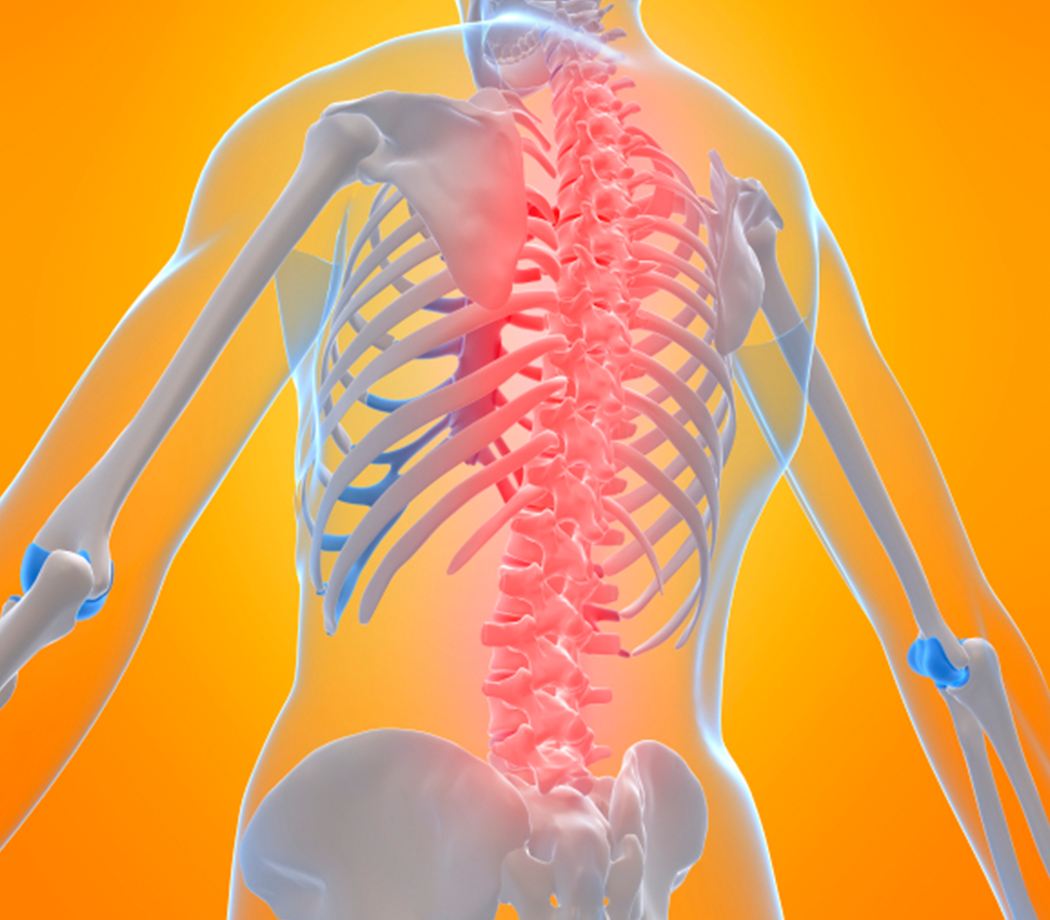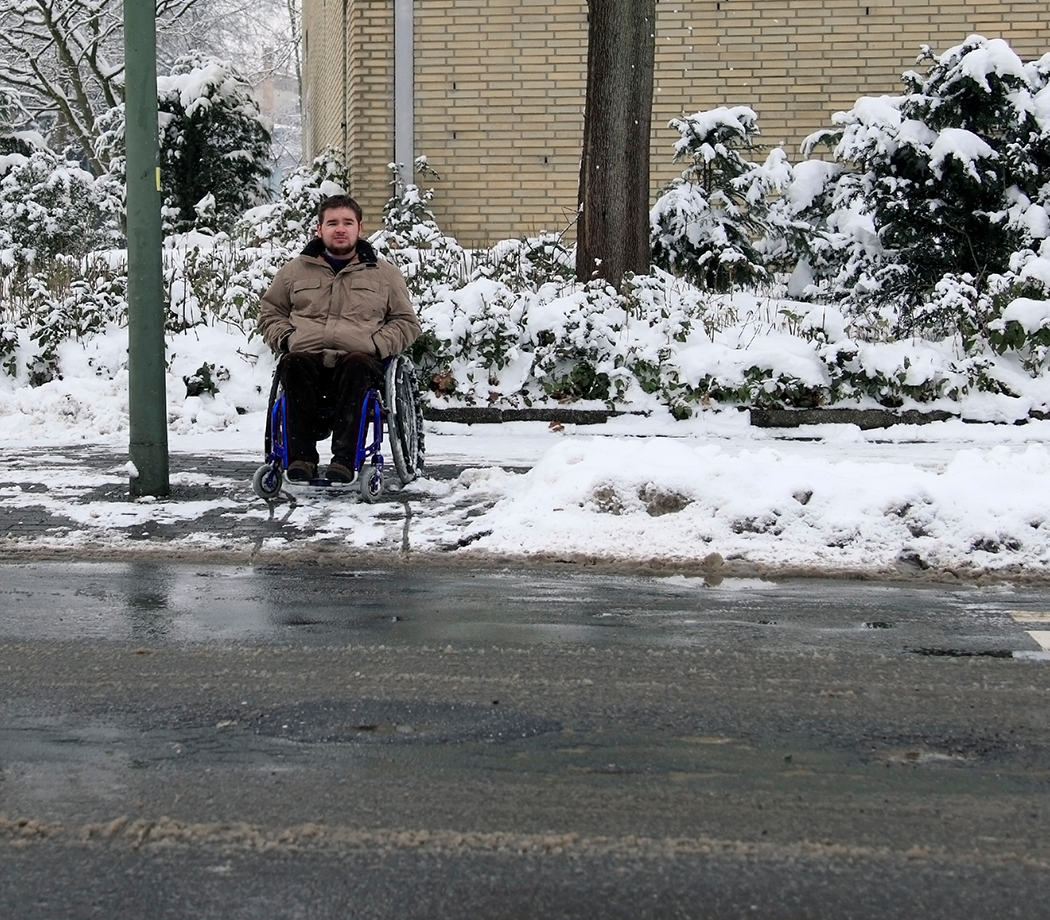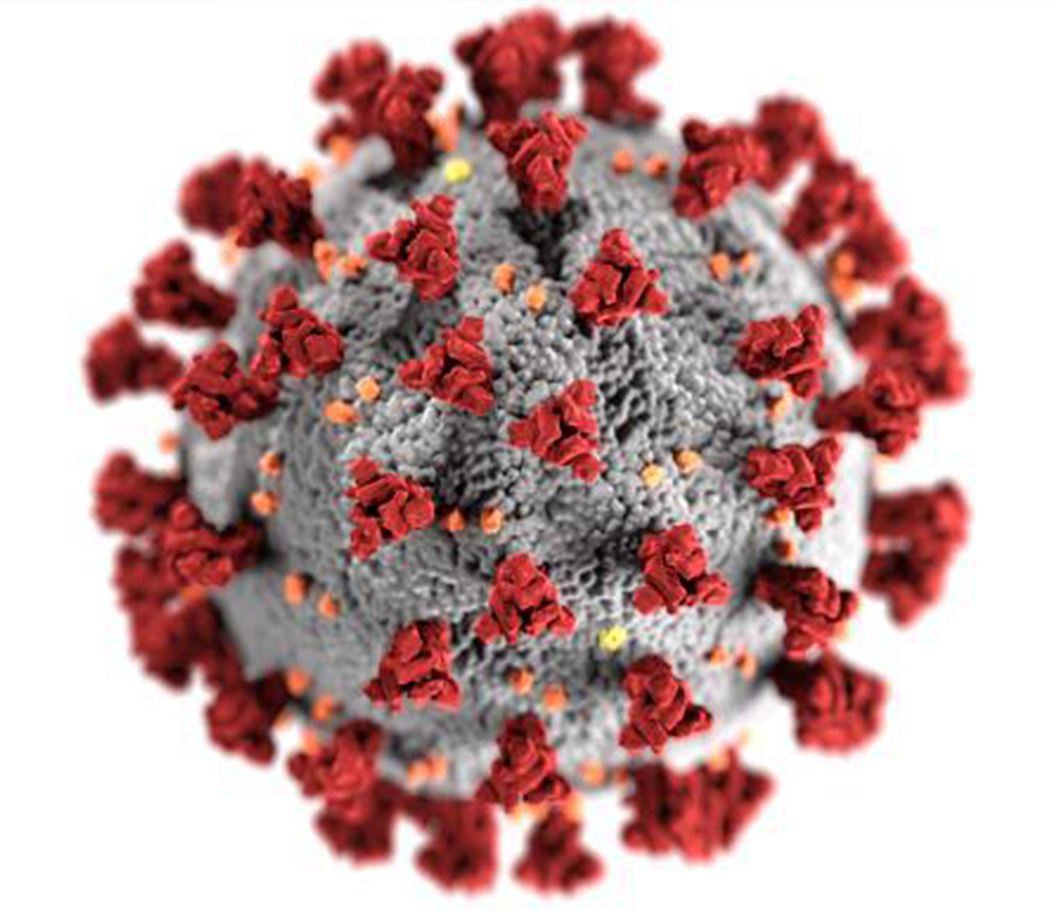Depression
Depression is a serious medical illness that involves the brain. It’s more than just a feeling of being down in the dumps or blue for a few days.
If you are one of the more than 20 million people in the United States who have depression, the feelings do not go away. They persist and interfere with your everyday life.
The Mayo Clinic defines depression as a mood disorder that causes a persistent feeling of sadness and loss of interest. Also called major depressive disorder or clinical depression, it affects how you feel, think and behave and can lead to a variety of emotional and physical problems.
Depression is common among people who are paralyzed. While about 10 percent of the U.S. non-disabled population is said to be moderately or severely depressed, research shows that about 20 to 30 percent of people with long-term disabilities are living with depression. Thankfully, most forms of depression can be treated.
The Impact of Depression
Depression is a legitimate health condition that affects a person in many ways. It involves major changes in mood, outlook, ambition, problem solving, activity level and bodily processes (sleep, energy and appetite).
Depression affects overall health and wellness. People with a disability who are depressed may not look after themselves. They may not drink enough water, take care of their skin, or manage their diet.
It can alter one’s social world. Friends and families are tuned out and may not recognize the signs of depression. People living with depression struggle to find pleasure, success, or meaning.
Thoughts of suicide often occur when things look most hopeless. In spinal cord injury, for example, risk of suicide is highest in the first five years after the injury when people are still navigating their new world.
Other risk factors that can trigger suicidal thoughts or actions include substance abuse, lack of a support network, access to lethal means, or a previous suicide attempt. People who’ve tried to kill themselves before are likely to try again.
The most important factors in preventing suicide are spotting depression early, getting the right treatments, and developing problem solving skills.
Many factors contribute to depression. These may include the effects of disability like pain, fatigue, changes in body image, shame, and loss of independence.
Other life events, such as divorce, loss of a loved one, loss of a job or financial problems can also lead to or magnify depression.
Life is worth living, despite what health professionals are sometimes prone to judge. According to a Colorado survey, 86 percent of high-level quadriplegics rated their quality of life as average or better than average, while only 17 percent of their ER doctors, nurses, and technicians thought they would experience an average or better quality of life after sustaining a spinal cord injury.
Treatments
There are effective ways for helping people cope with the stresses of paralysis. Depression is highly treatable using psychotherapy, pharmacotherapy (antidepressants), or a combination of both.
Tricyclic drugs (i.e., imipramine) are often effective for depression, but may have intolerable side effects. SSRIs (Selective Serotonin Reuptake Inhibitors) such as Prozac have fewer side effects and are usually just as effective as tricyclics. However, SSRIs may exacerbate spasticity in some persons.
Among the newest antidepressants, venlafaxine (i.e. Effexor) is chemically similar to tricyclics and has fewer side effects. In theory, it may also alleviate some forms of neurogenic pain, a huge contributor to depression. In fact, aggressive treatment of pain problems is crucial to the prevention of depression.
Among those with multiple sclerosis (MS), some experience mood swings as well as uncontrollable laughing or crying (called emotional lability). These result from damaged areas in the emotional pathways of the brain.
It is important for family members and caregivers to understand and realize that people living with MS may not always be able to control their emotions. Mood stabilizing medications such as amitriptyline (i.e. Elavil) and valproic acid (i.e. Depakote) are used to treat these emotional changes. It is also important to recognize that depression is very common in MS – even more so than in other equally disabling chronic illnesses.
Reeve Health Minute: Depression
Resources
For more information on how to best manage depression, our information specialists are available business weekdays, Monday through Friday, toll-free at 800-539-7309 from 9am to 8pm ET.
Additionally, the Reeve Foundation maintains fact sheets on depression and mindfulness with additional resources from trusted Reeve Foundation sources. Check out our repository of fact sheets on hundreds of topics ranging from state resources to secondary complications of paralysis.
If you are depressed, get help, including professional counseling or reaching out to support groups and other organizations:
- Boys Town National Hotline is open 24 hours a day, 365 days a year, and is staffed by specially trained Boys Town counselors. It is accredited by the American Association of Suicidiology (AAS).
- National Suicide Prevention Lifeline is a 24-hour, toll-free suicide prevention service available to anyone in suicidal crisis. If you need help, dial 1-800-273-TALK (8255).
- University of Washington/Department of Rehabilitation Medicine offers a series of pamphlets, including Depression and Spinal Cord Injury.
Sources: Mayo Clinic

